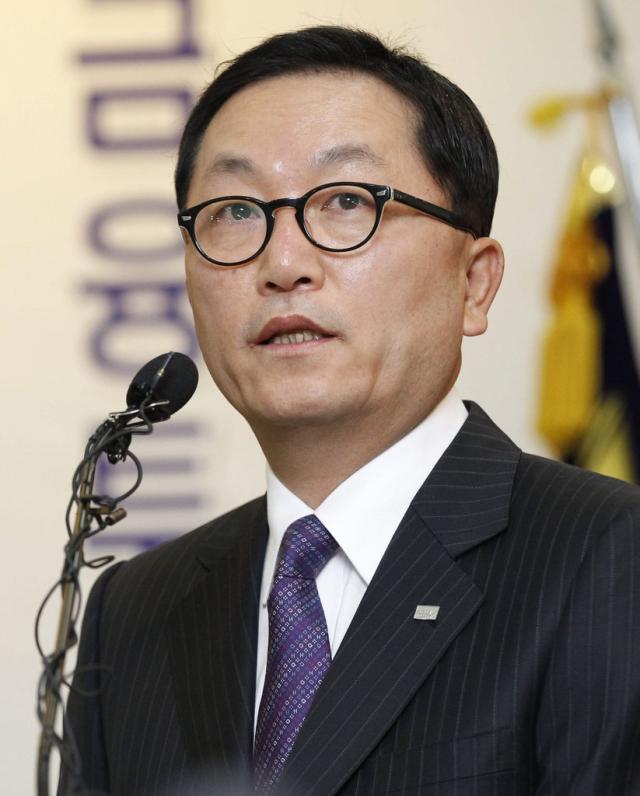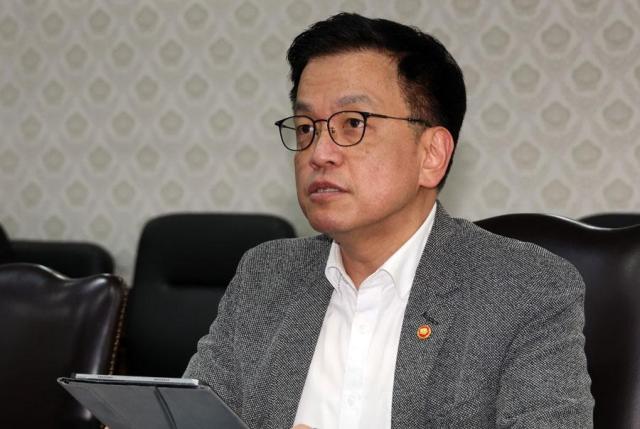
FTSE Russell, the index provider, announced that South Korea will now enter the benchmark index in April 2026, rather than the previously scheduled November 2025.
"We commend the commitment of South Korean market authorities in continuing initiatives that reflect the practical feedback of international market participants," said Nikki Stefanelli, global head of Fixed Income, Currencies and Commodities Index Policy at FTSE Russell. "These efforts are helping align their market with the highest standards for global bond investing."
The delay is expected to temporarily defer an estimated $56 billion in foreign capital inflows into Korean government bonds — funds that were widely expected to help stabilize the currency and reduce borrowing costs amid growing economic pressures.
South Korean finance officials attributed the rescheduling to operational concerns raised by Japanese investors, who reportedly requested additional time to adjust their trading procedures to South Korea’s market infrastructure.
"The revised inclusion schedule incorporates investor feedback and aims to ensure a smoother transition," said Kim Jae-hwan, director general for international finance at the ministry.
Still, the announcement comes at a sensitive time for South Korean policymakers, who are grappling with persistent fiscal challenges, including a second consecutive year of tax revenue shortfalls. Officials are in the early stages of drafting a supplementary budget that could require increased sovereign debt issuance.
While government representatives insist the delay is purely technical, some analysts believe rising external and domestic risks may have influenced the decision.
South Korea’s growing exposure to U.S. tariff hikes and recent political turmoil have fueled market uncertainty.
JPMorgan Chase this week cut its 2025 growth forecast for South Korea from 0.9 percent to 0.7 percent — the second downward revision in just one week.
The ministry pushed back against speculation of political interference.
“The probability that political uncertainty influenced the inclusion delay is zero percent,” Kim said. “If market concerns were the issue, FTSE would have delayed the completion date — not just the start date.”
Copyright ⓒ Aju Press All rights reserved.





View more comments